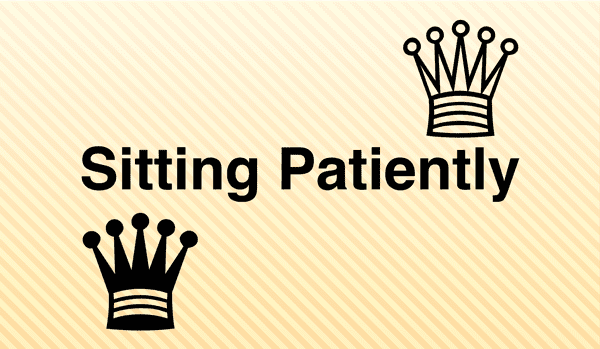I arrived at my Doctoral Residency in Strategic Leadership. The goal was to arrive at this Residency two days early and be able to rest. But the weather had many different things in mind for my traveling plans. My flight was diverted and eventually canceled. I decided not to spend the money on a hotel and stayed the night at the airport. How bad could it be to sleep in the airport? I will tell you I will never sleep in an airport again if I can help. It was one of the most uncomfortable experiences of my life. I was able to get a flight and make it to my destination the following day, but when I arrived, my luggage was lost.
Frustratingly, I had to deal with flight cancellations and baggage issues. Even through the frustration, I was happy to find a few positives. These helped to make the situation more bearable. I made several new friends at the airport, and when I returned to find no luggage, I was able to go shopping. There are always positives in every problematic situation, but we must continue to look for the positives.
When I arrived at the Residency, I was tired and excited to begin the process.
I have learned that having influence requires positivity. The world has so much negativity, and people are looking for something better. When we set everything aside and look to the positives, we can more easily direct others to more positive outcomes. Where we put our minds determines our leadership.
When I was at the Residency, the campus was shut down, and we had to conduct the Residency at the campus hotel. The program needed help with the technology, and the IT Department was closed due to the college being shut down.
I quickly gained influence among my peers at the Residency, and they learned of my technical skills. When the Dean and the Director of the college were having difficulty during a presentation, they asked if anyone had any skill in this area. I kept quiet, but my peers quickly called me out and said, “Justin can do it!” I felt a little shy then, but I went up front and helped with the technology issue, and the program could continue. Whenever the technology had a problem, they would call me to the front of the room to assist. After what I believe was three assists, the Dean and Director asked me to sit up front on stage with them. I supported the program, my cohort, and my education by assisting with the technology.
If I had had a negative attitude, I would likely not have developed the relationships and demonstrated my abilities to become a person of influence in that residency setting among hundreds of my peers. I might not have been noticed by the faculty, director, and dean of the School of Leadership in such a powerful way.
If you would like to support this author by giving a gift, please click here.




